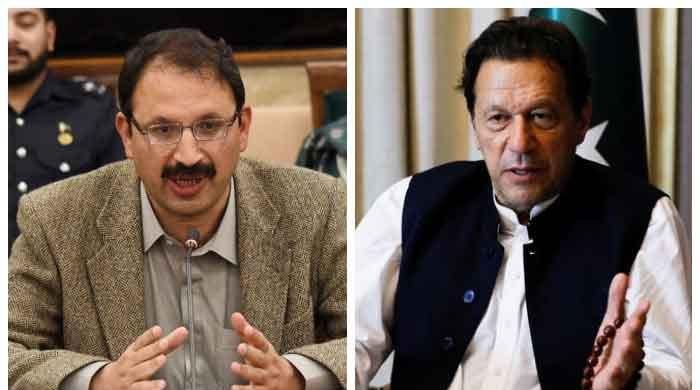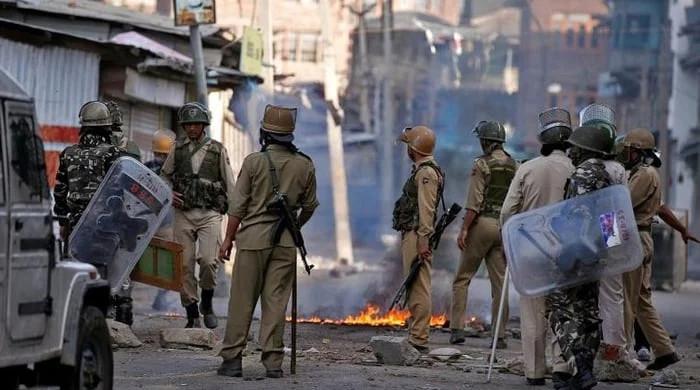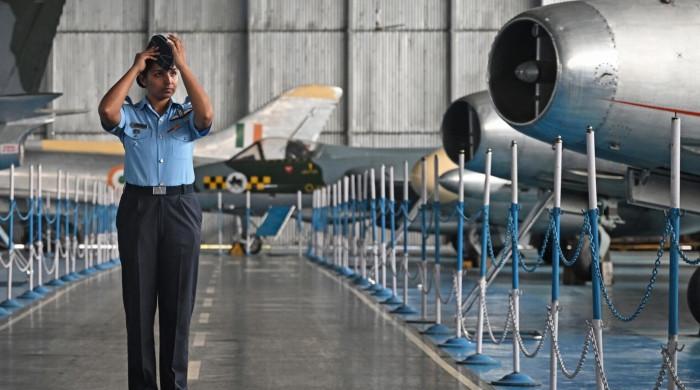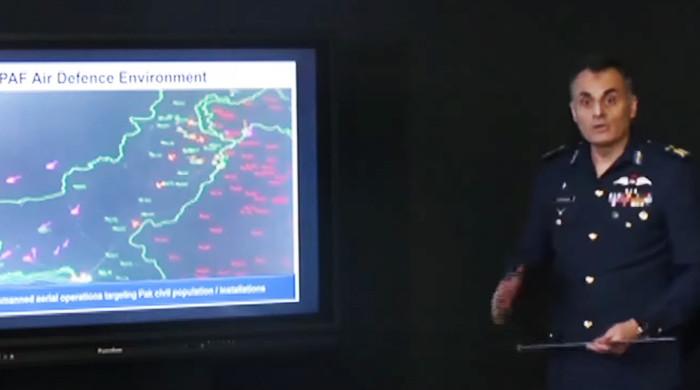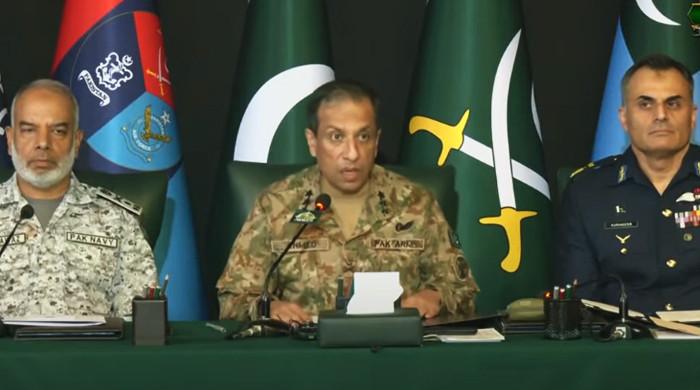Political leaders respond to Modi's speech after ceasefire
Asif says Modi speaking like 'defeated gambler', Siddiqui says Indian PM admitted 'humiliating defeat'
May 12, 2025
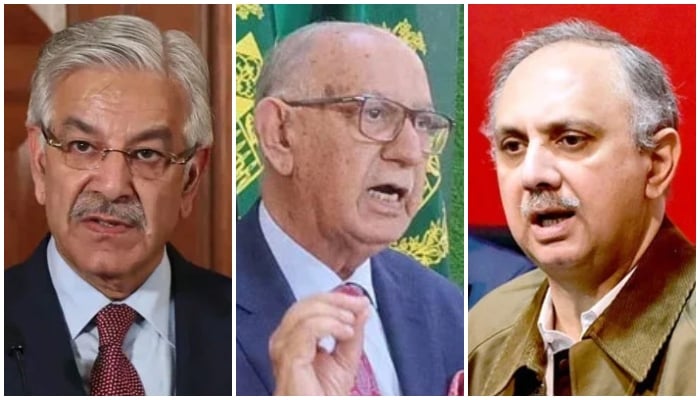
Political leaders from Pakistan strongly responded to Indian Prime Minister Narendra Modi's first public comments following days of military clashes between the two nuclear-armed nations, which concluded under a truce brokered by the US on Saturday.
Modi, in his address today, warned Pakistan that New Delhi would target "terrorist hideouts" across the border again if there were new attacks on India and would not be deterred by what he called Islamabad's "nuclear blackmail".
Pakistan denies Indian accusations and says the locations hit by India last week were civilian sites.
Reacting to Modi's statement, Defence Minister Khawaja Asif said that Modi was speaking like a "defeated gambler" who has nothing left. The Indian premier admitted that Kashmir and terrorism are viable topics of discussion between the two countries, he added.
Asif added that Pakistan emerged victorious on each front of the war against India, and whenever New Delhi discusses terrorism, Islamabad would demand a probe into the Pahalgam incident.
Opposition Leader in the National Assembly Omar Ayub Khan slammed the Indian premier and challenged "fascist" Modi to go ahead with his plans if he has the courage.
Omar added that the Pakistani nation would never let Modi succeed [in his nefarious plans against the country].
PML-N Senator Irfan Siddiqui saw Modi's speech as a "clear admission of humiliating defeat". Speaking in Islamabad, the senator added that Modi's body language reflected a defeated man.
He further said: "After such disgrace, staying silent would have been a better option rather than making such a fuss."
A weekend ceasefire, which US President Donald Trump said he brokered, appeared to be holding Monday after four days of intense jet fighter, missile, drone and artillery attacks - the worst violence between the two nuclear-armed neighbours since 1999.
Trump said Monday that US intervention had prevented a "bad nuclear war".
"We stopped a nuclear conflict... millions of people could have been killed. So I´m very proud of that," he told reporters at the White House.
The ceasefire came after Pakistan armed forces launched a large-scale retaliatory military action, named "Operation Bunyan-um-Marsoos" and targeted several Indian military strikes across multiple regions.
The strikes, described by officials as “precise and proportionate”, were carried out in response to India’s continued aggression across the Line of Control (LoC) and within Pakistan’s sovereignty.
This follows India’s unprovoked missile attacks on multiple Pakistani cities during the night of May 5 and 6, which New Delhi claimed were aimed at "terrorist targets" in response to last month’s Pahalgam attack in the Indian Illegally Occupied Jammu and Kashmir (IIOJK).
However, the strikes resulted in civilian casualties in Pakistan, prompting a strong response.




